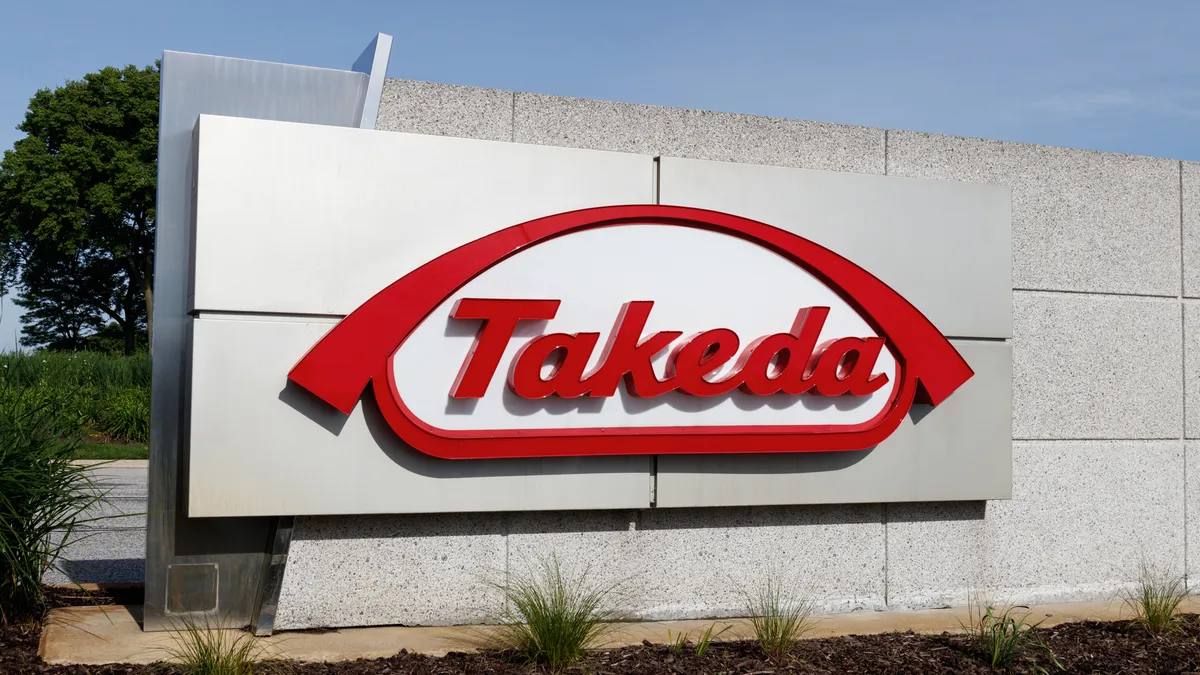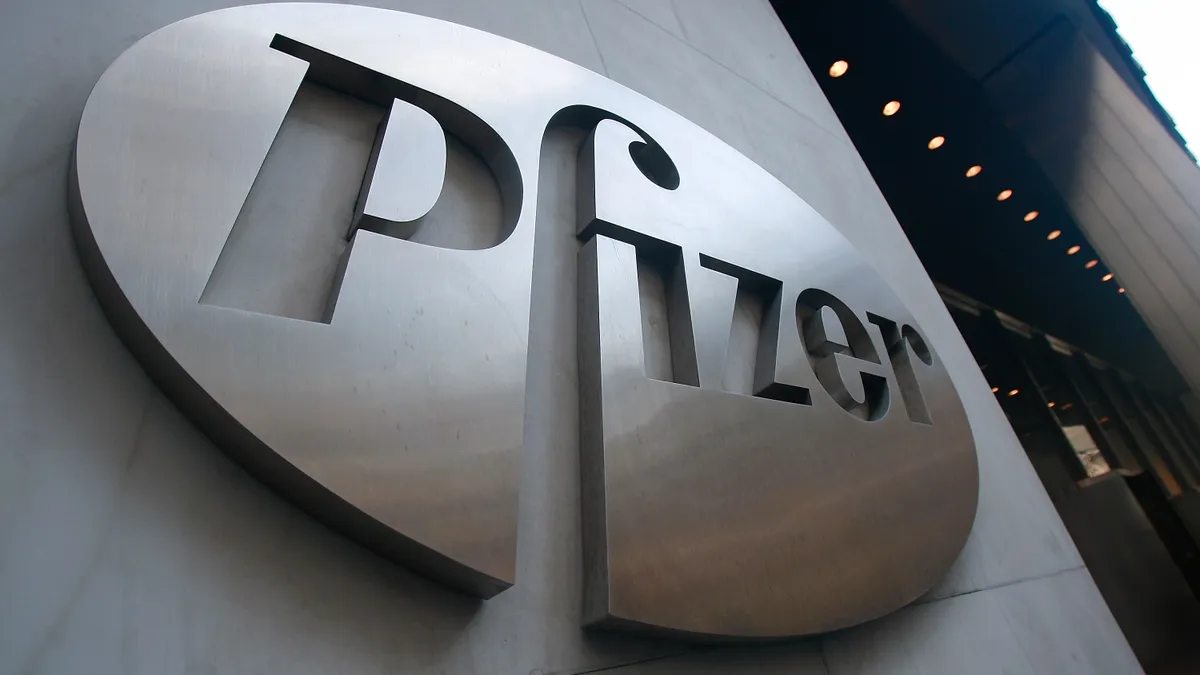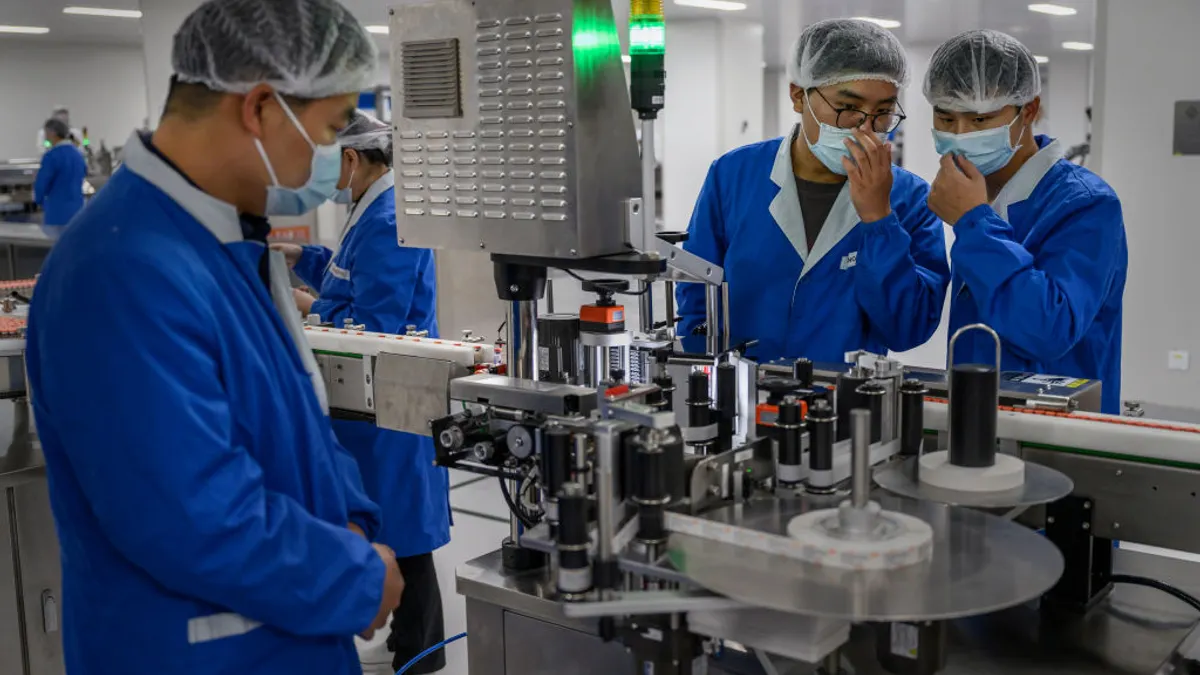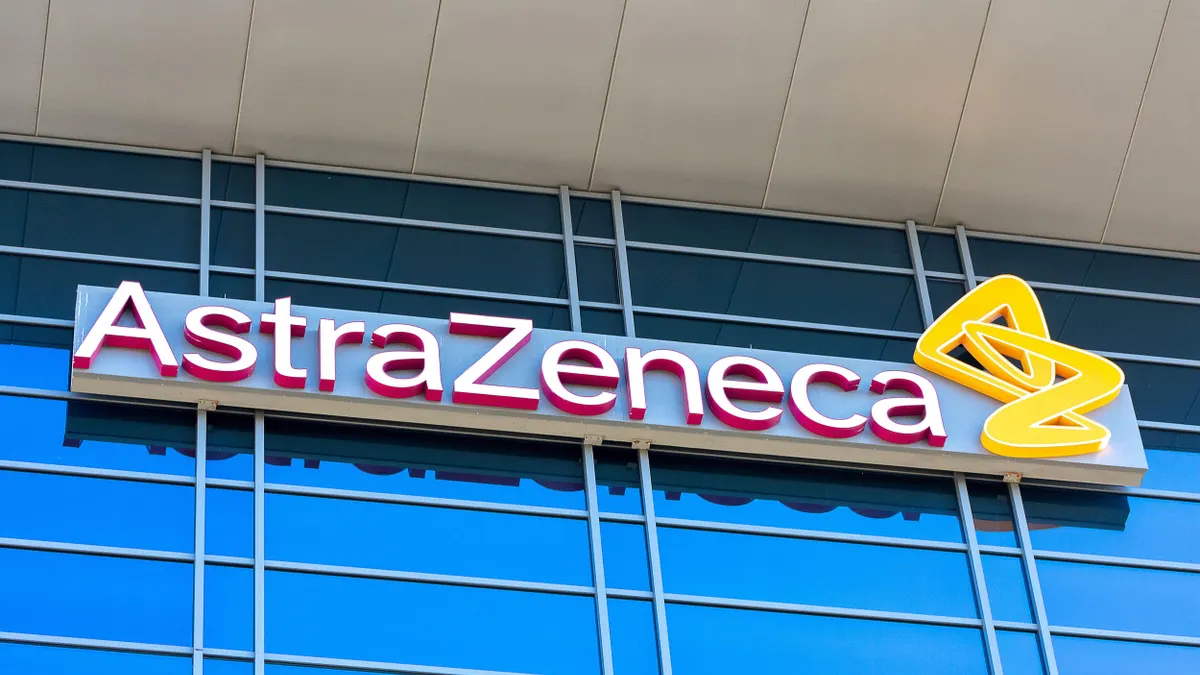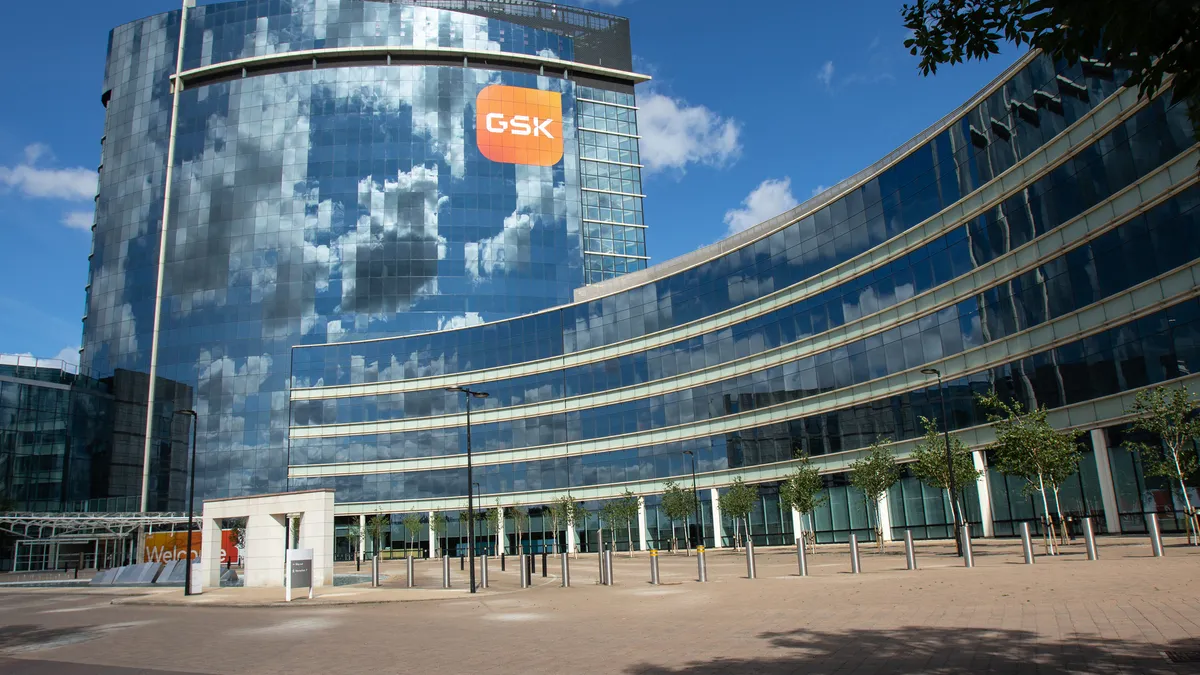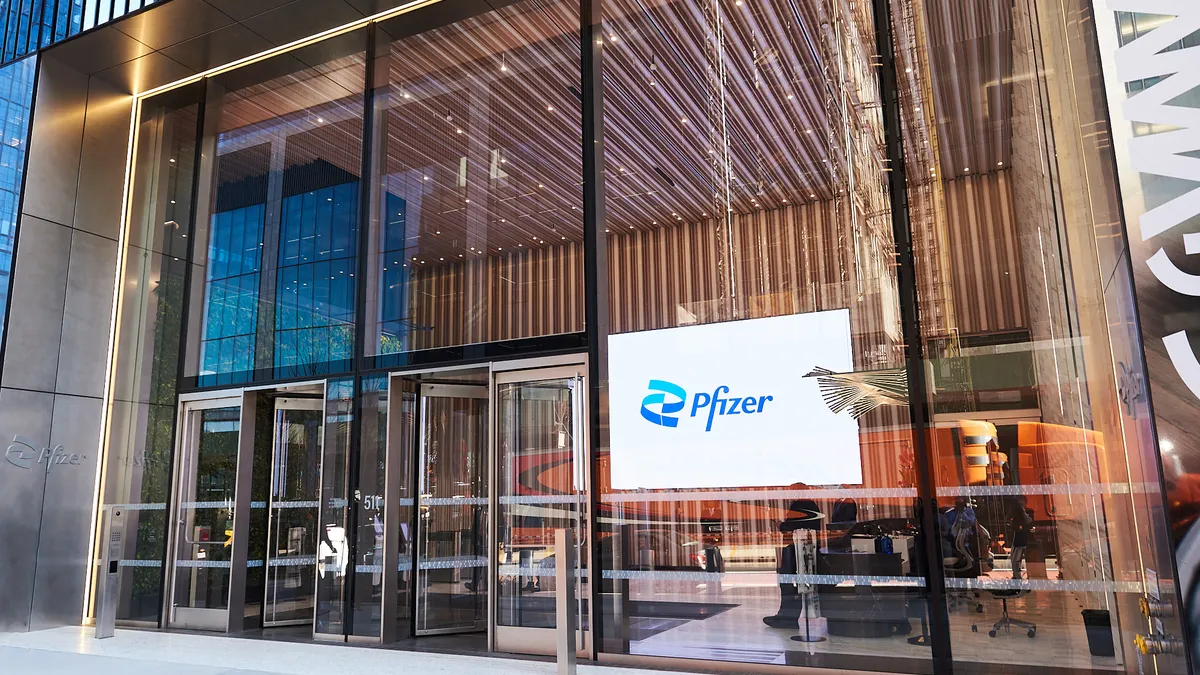A stealthy biotechnology startup has agreed to pay potentially hundreds of millions of dollars for an experimental medicine from Fosun Pharma, adding to a flurry of dealmaking involving drugs discovered in Chinese laboratories.
The startup, Expedition Therapeutics, will pay Fosun up to $120 million in upfront cash and development milestones for rights outside of mainland China, Hong Kong and Macau, to a drug codenamed XH-S004. Expedition could hand Fosun up to $525 million more if the drug is approved and hits certain sales targets, the companies said Monday.
The deal is the first public announcement so far involving Expedition, a secretive startup incorporated in Delaware last year and backed by Venrock, BVF and Lake Bleu Capital, according to its LinkedIn page. The company is run by Yi Larson, a former Goldman Sachs banker who’s held either executive or board positions with Turning Point Therapeutics, LianBio and RayzeBio.
Expedition aims to in-license assets from China, a strategy that makes it part of a growing trend in biotech startup creation. The company is one of at least seven companies formed since the start of last year being built around China-originated drugs, according to data collected by BioPharma Dive. Several, such as Candid Therapeutics, Kailera Therapeutics and Ouro Medicines, debuted with funding rounds exceeding $100 million.
The proliferation of these new companies has been spurred by fast progress from China’s biotech sector. Large pharmaceutical firms have taken notice, inking dozens of deals with China-based companies that, according to the investment bank Jefferies, accounted for about one-fifth of the industry’s licensing spending in 2024 and one-third in the first half of this year.
On its LinkedIn page, Expedition says it has “strong visibility into [the] competitive landscape of both U.S. and China biotech ecosystems” as well as an “extensive knowledge and network of relationships with innovator companies across China.”
Its first deal is for a small molecule drug that targets DPP-1, an enzyme linked to the development and progression of multiple inflammatory conditions. DPP-1 is the target of brensocatib, a drug AstraZeneca discovered and licensed to Insmed a decade ago that’s since been tested in multiple lung conditions. It succeeded in Phase 3 testing against one of those diseases, bronchiectasis, last year. U.S. regulators cleared it on Tuesday, making brensocatib, now known as Brinsupri, the first drug of its type to get to market.
Fosun’s drug is currently in Phase 2 testing in China for bronchiectasis and in earlier-stage testing for chronic obstructive pulmonary disease.
“XH-S004 is an exciting compound that targets neutrophilic inflammation, an important underlying driver of a number of chronic respiratory diseases,” Larson said in a statement.“We look forward to partnering with Fosun Pharma in the development of XH-S004 for COPD and other neutrophilic inflammatory diseases to address the significant unmet medical need.”
Editor’s note: This story has been updated with details about the approval of Brinsupri.












